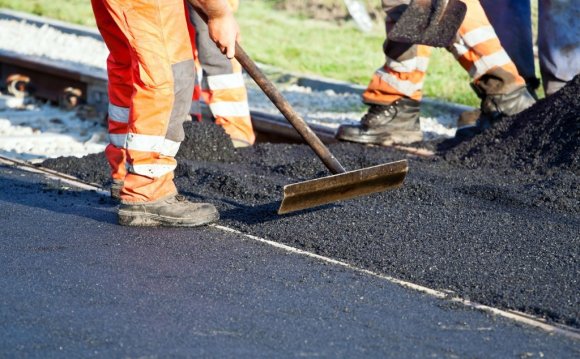
 Waste materials within the metropolitan and peri-urban environment is assessed and quantified.
Waste materials within the metropolitan and peri-urban environment is assessed and quantified.
•
Spend ideal for re-use in roads evaluated.
•
Numerous waste materials have actually similar or exceptional properties to virgin materials used in roads.
•
It's estimated that 16percent of available waste quantities in European countries could be recycled in roads.
•
Using waste products in roadways can result in significant cost, CO2 and power savings.
This paper demonstrates just how a lot of waste stated in the urban and peri-urban environment can be recycled in asphalt roadways. The example provided is from European countries, but the barriers and conclusions are universal. It had been shown that different waste materials such glass, asphalt, cement, wood, plastics an such like. have a potential for re-use in asphalt roads. The available degrees of the European target spend that will otherwise be incinerated or disposed in landfills were considered. It was shown there is high-potential in European countries for recycling in roadway building, particularly, underneath the hypothetical scenario where 33per cent of brand new roadways will be made of the prospective spend (excluding RAP that is currently recycled), it is estimated that 16per cent for the offered waste quantities could possibly be recycled in roads. Four hypothetical roads were analysed showing a substantial savings in expenses, CO2 and energy in comparison to traditional asphalt mixtures using all virgin components.
Keywords
- Road materials;
- Spend;
- Steel slag;
- Plastics;
- Building and demolition waste;
- Cup









